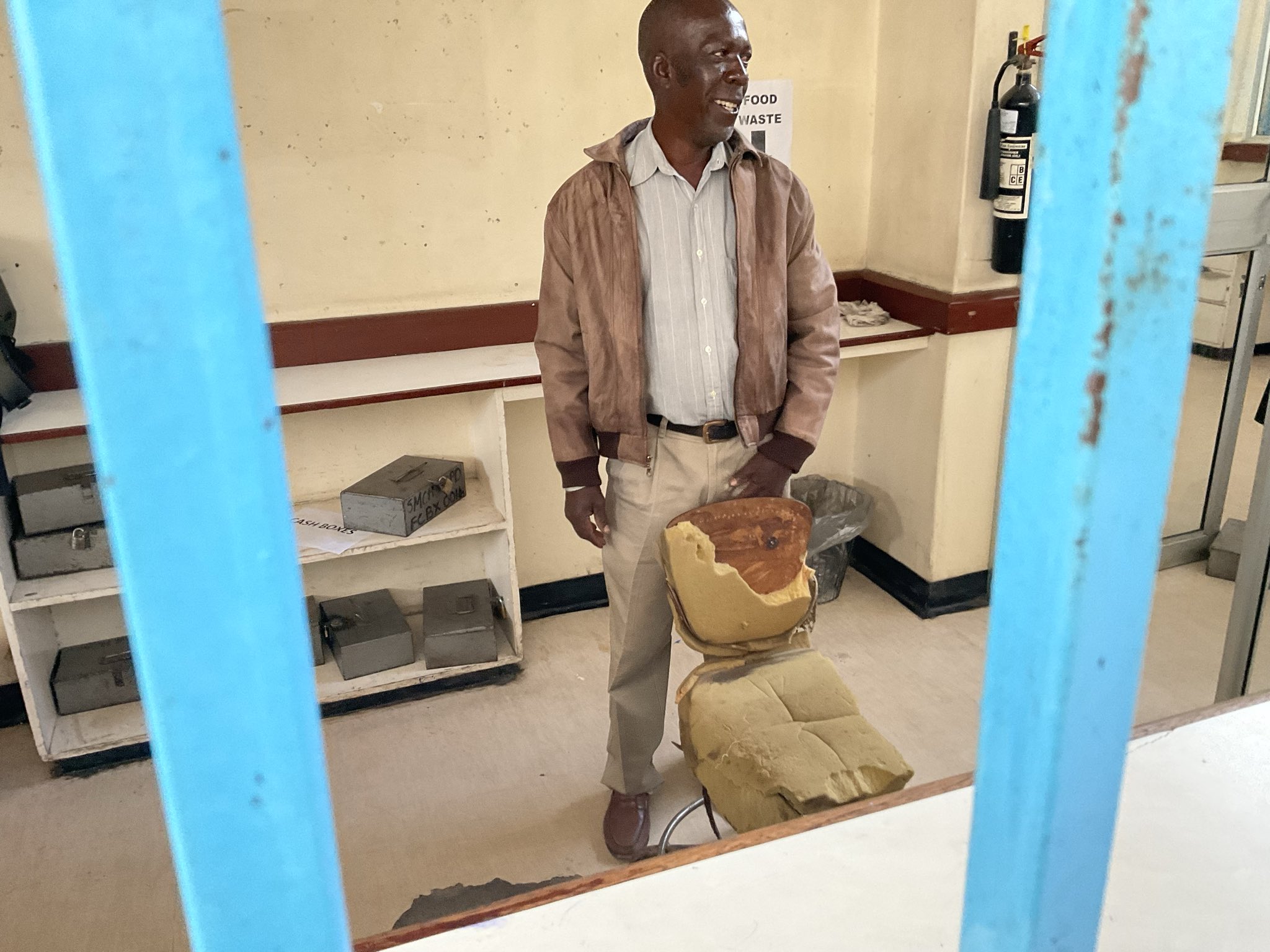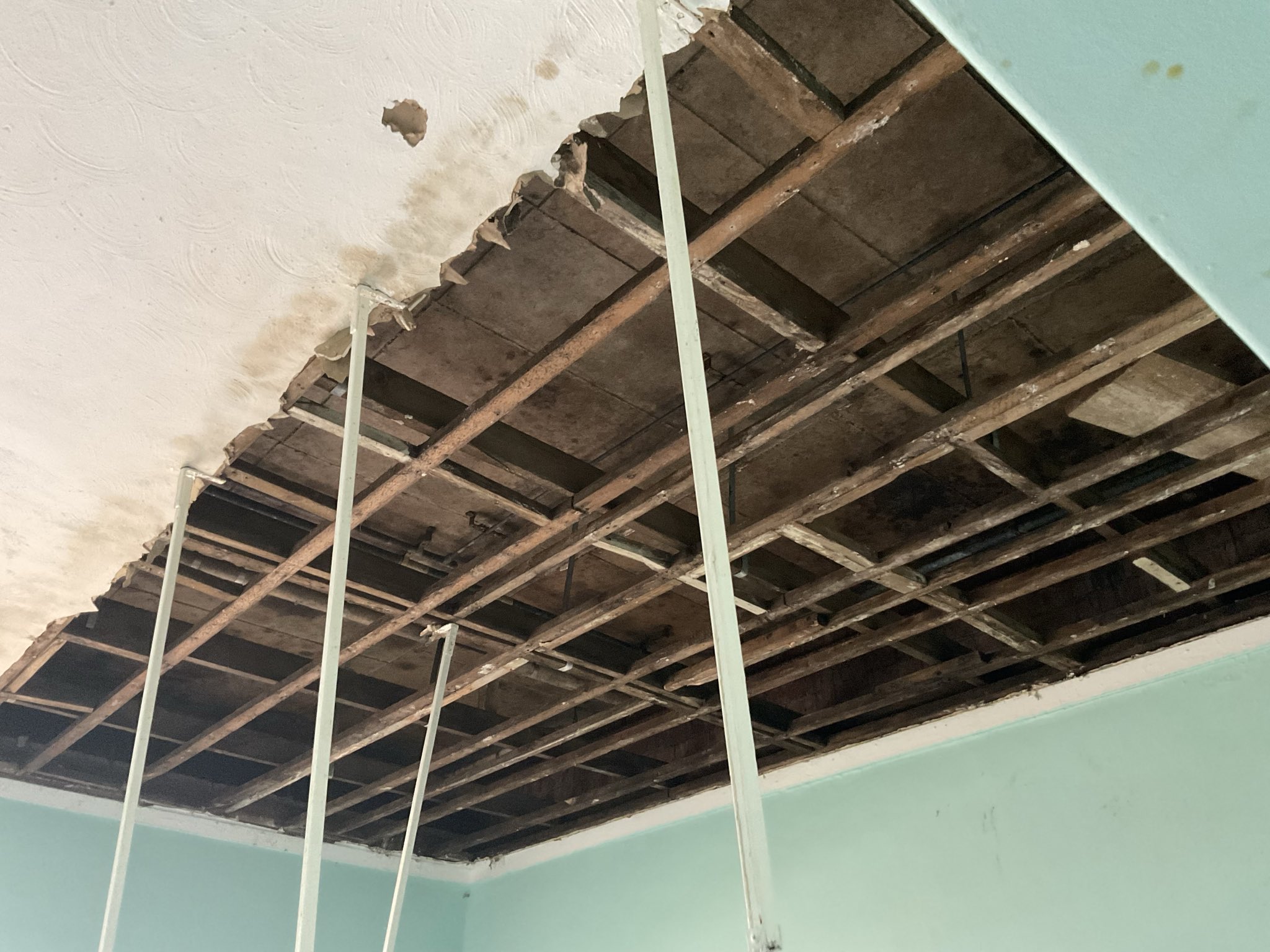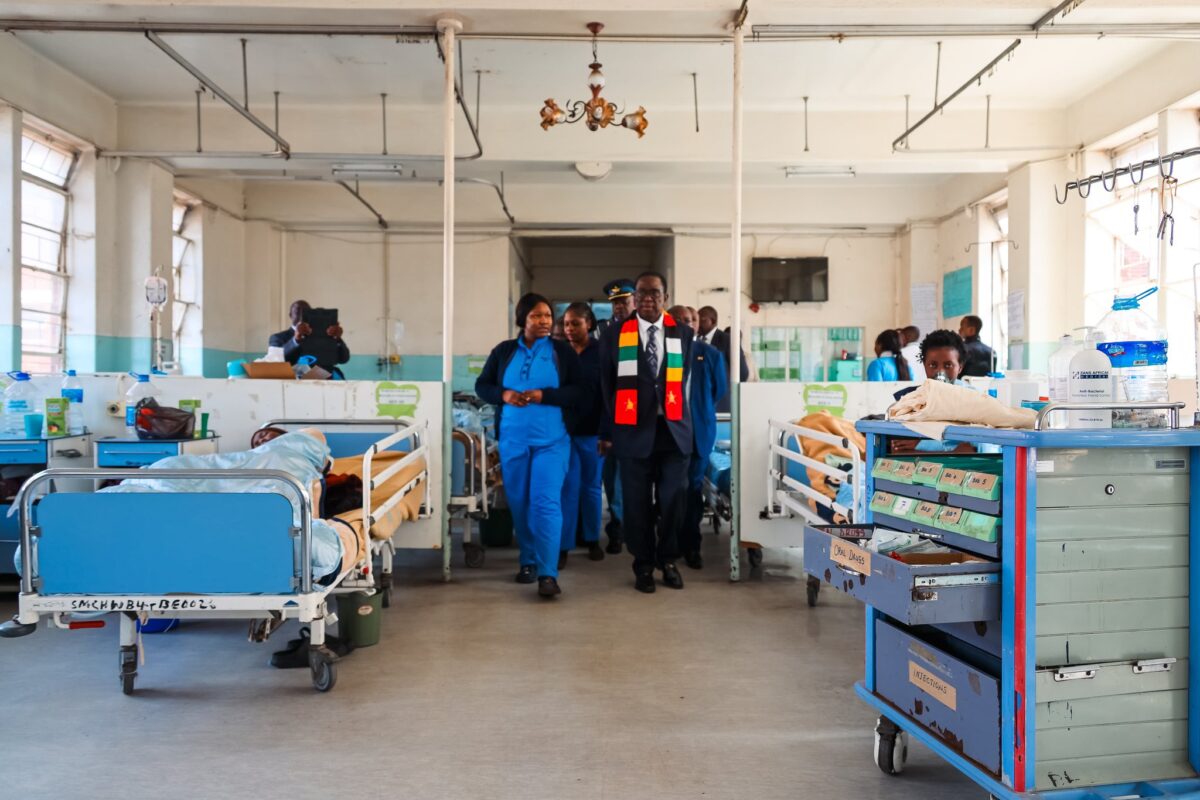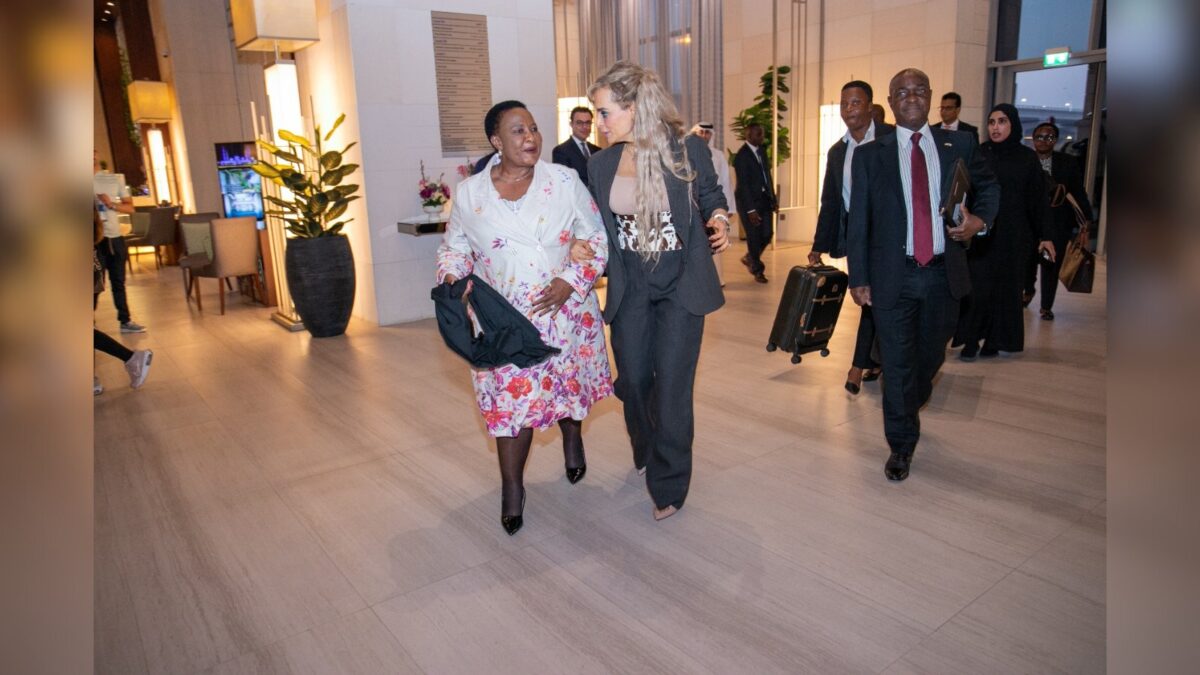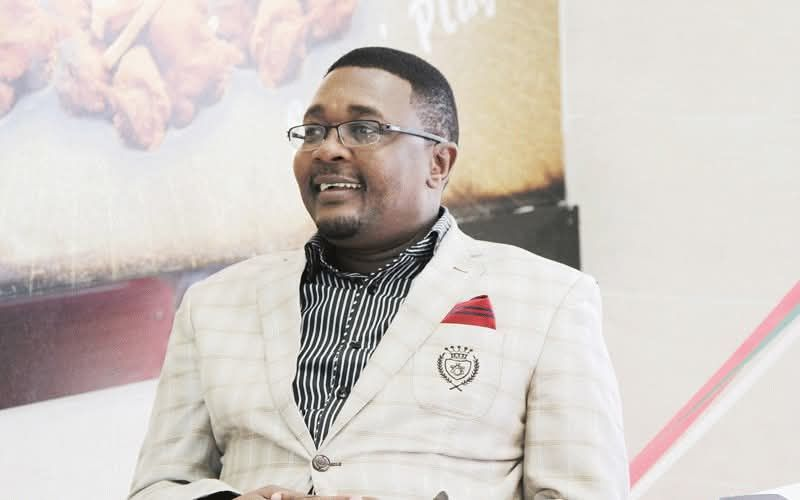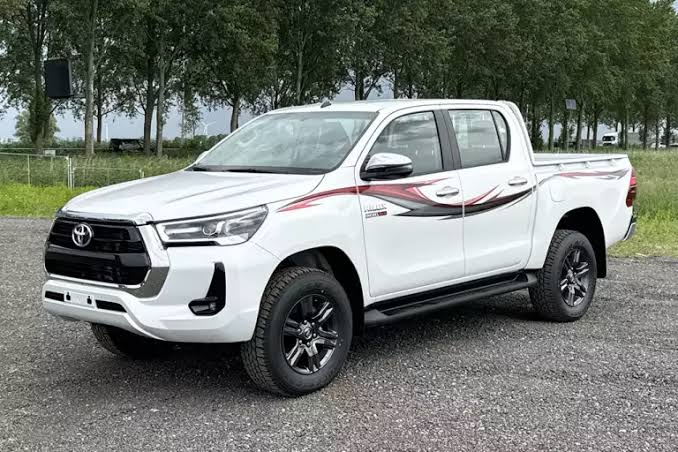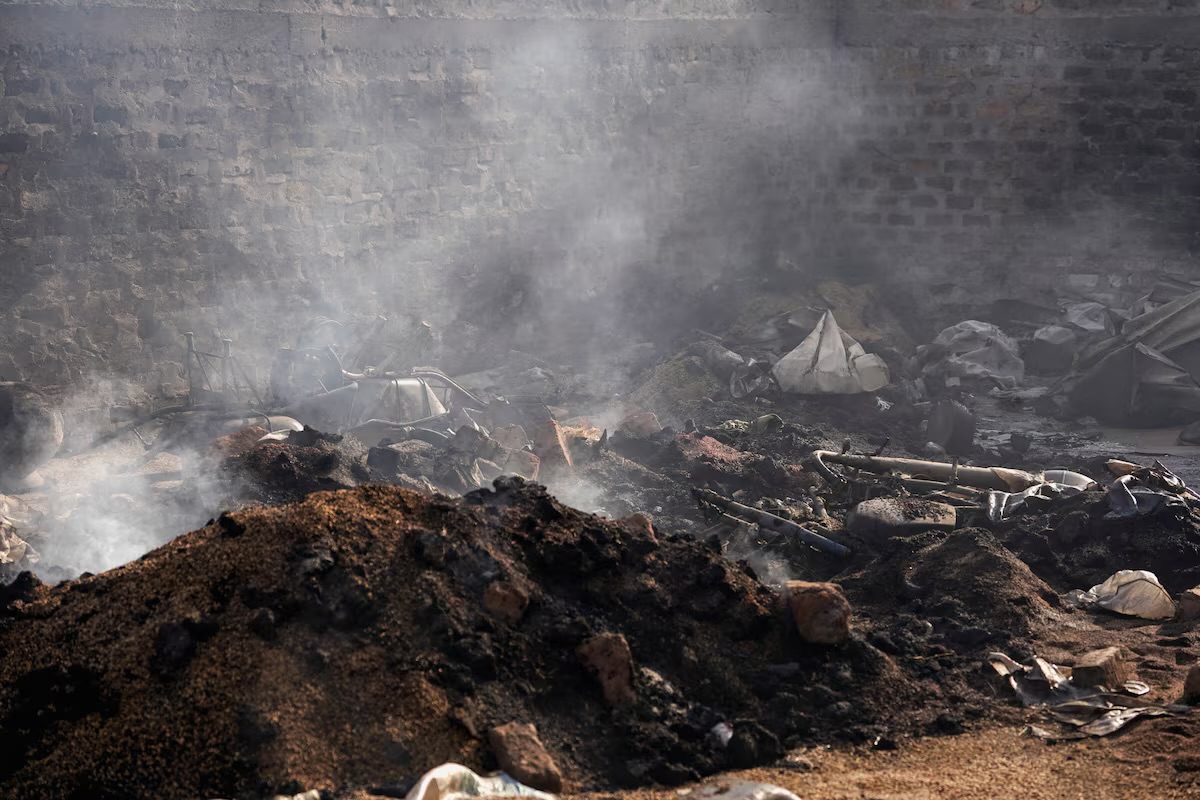HARARE – President Emmerson Mnangagwa made unannounced visits to two major hospitals in Harare on Monday afternoon, weeks after yourh minister Tinoda Machakaire urged him to “go and see for yourself.”
Mnangagwa’s motorcade made its way through Harare without the usual sirenes and blue lights as his security team “maintained a low but vigilant profile,” his spokesman said.
“The president went on an unscheduled inspection of Central Hospitals in Harare to see the state of play of things in those vital, referral institutions at the heart of health delivery and care-giving. Using a private motorcade, the president cut through bureaucracy and gloss to reach the real situation on the ground. It was not pretty at all,” deputy chief cabinet secretary George Charamba said.
“The one question which insistently came through the president’s lips was: how do we resolve the problem? The visit was a search for durable solutions.”
Without the health minister Douglas Mombeshora present, Mnangagwa witnessed first hand the decaying infrastructure at Parirenyatwa and Sally Mugabe hospitals and heard accounts from doctors who complained over the shortage of drugs and other equipment.
Mnangagwa later visited Natpharm, which procures and distributes drugs to all government hospitals.
Writing on Twitter, the president said he made the visits to the health institutions “to gain a clearer understanding of the current state of our public health services.”
He added: “Strengthening healthcare delivery remains a central focus of the Second Republic.”
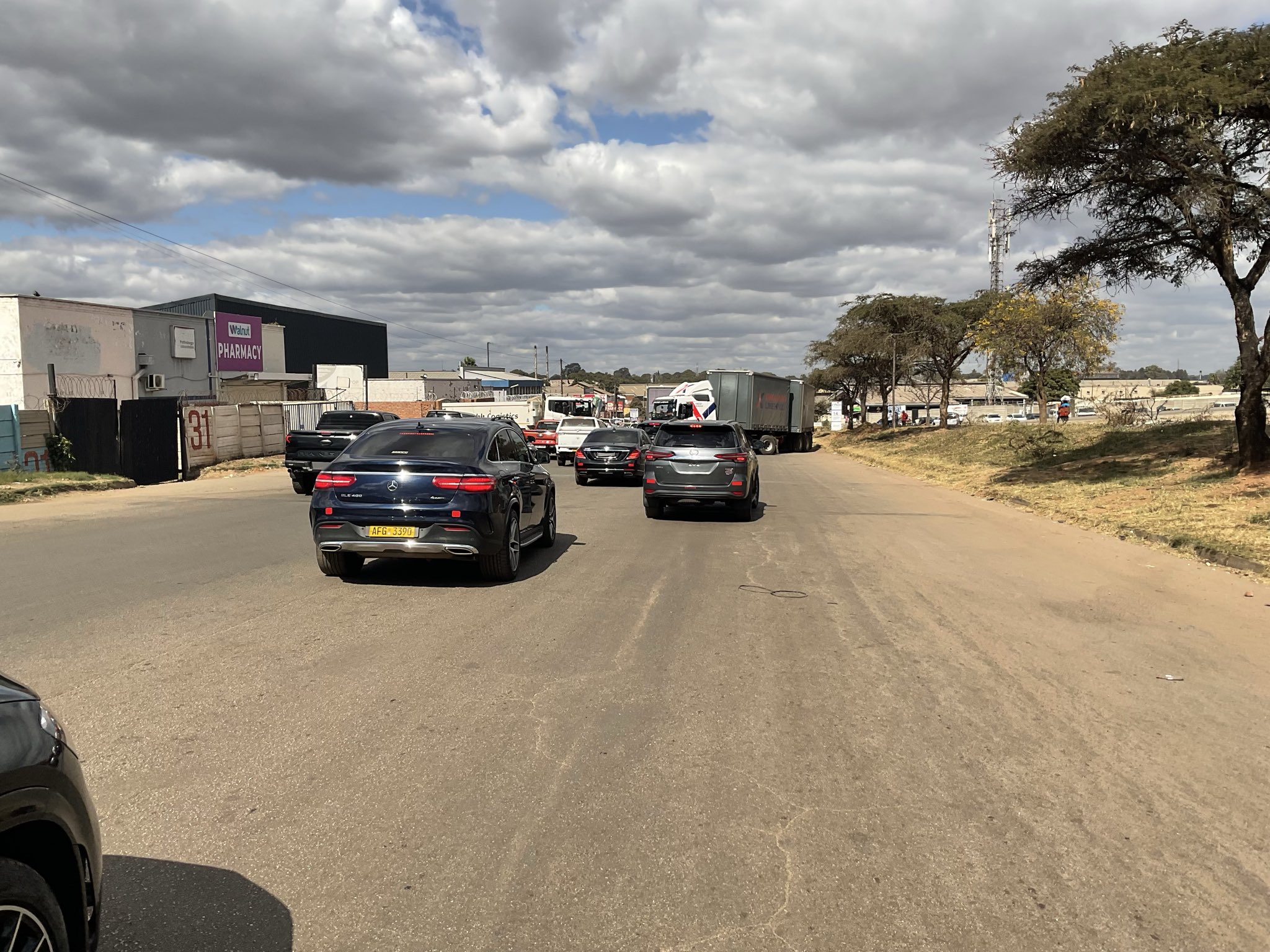
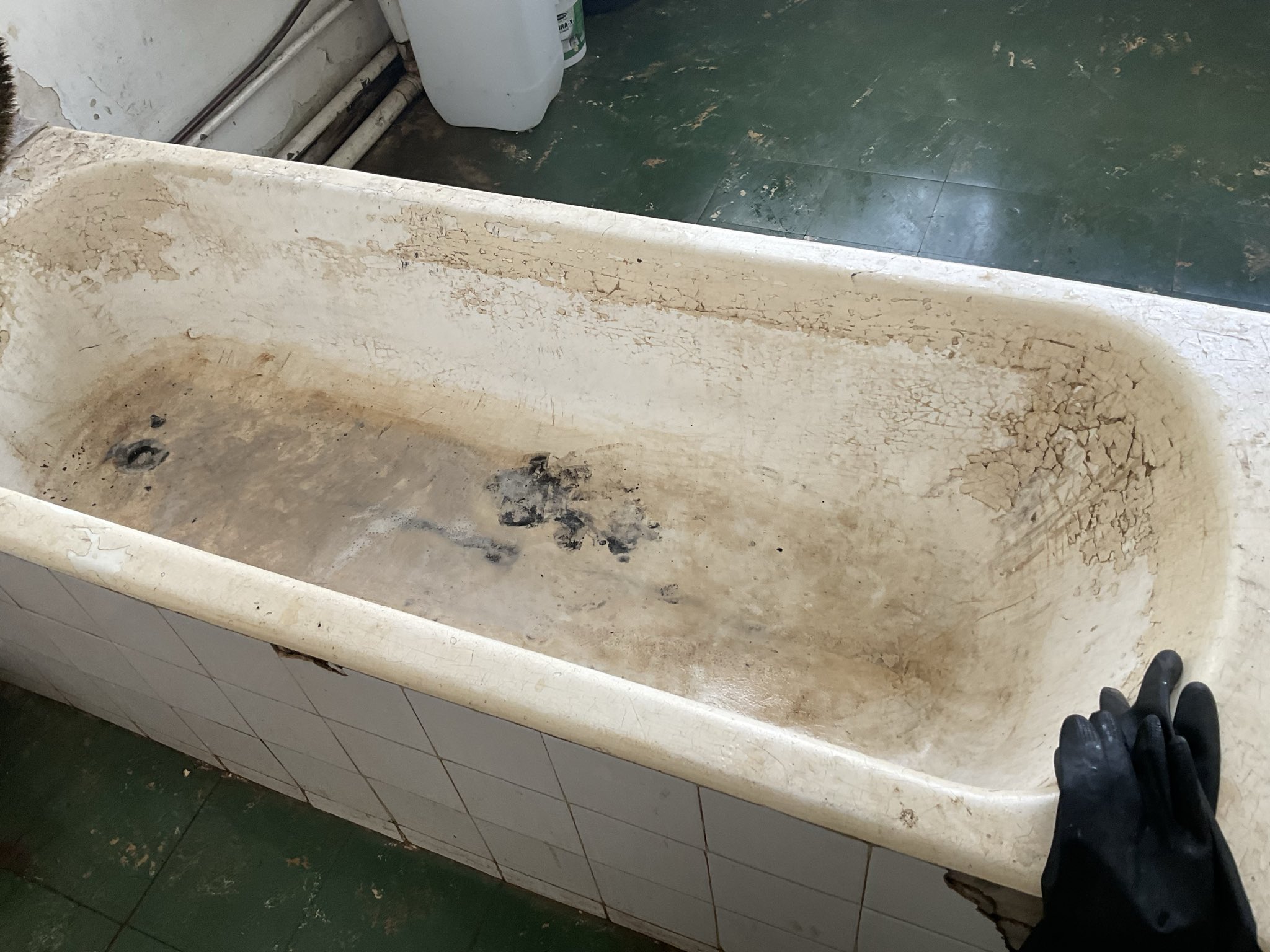
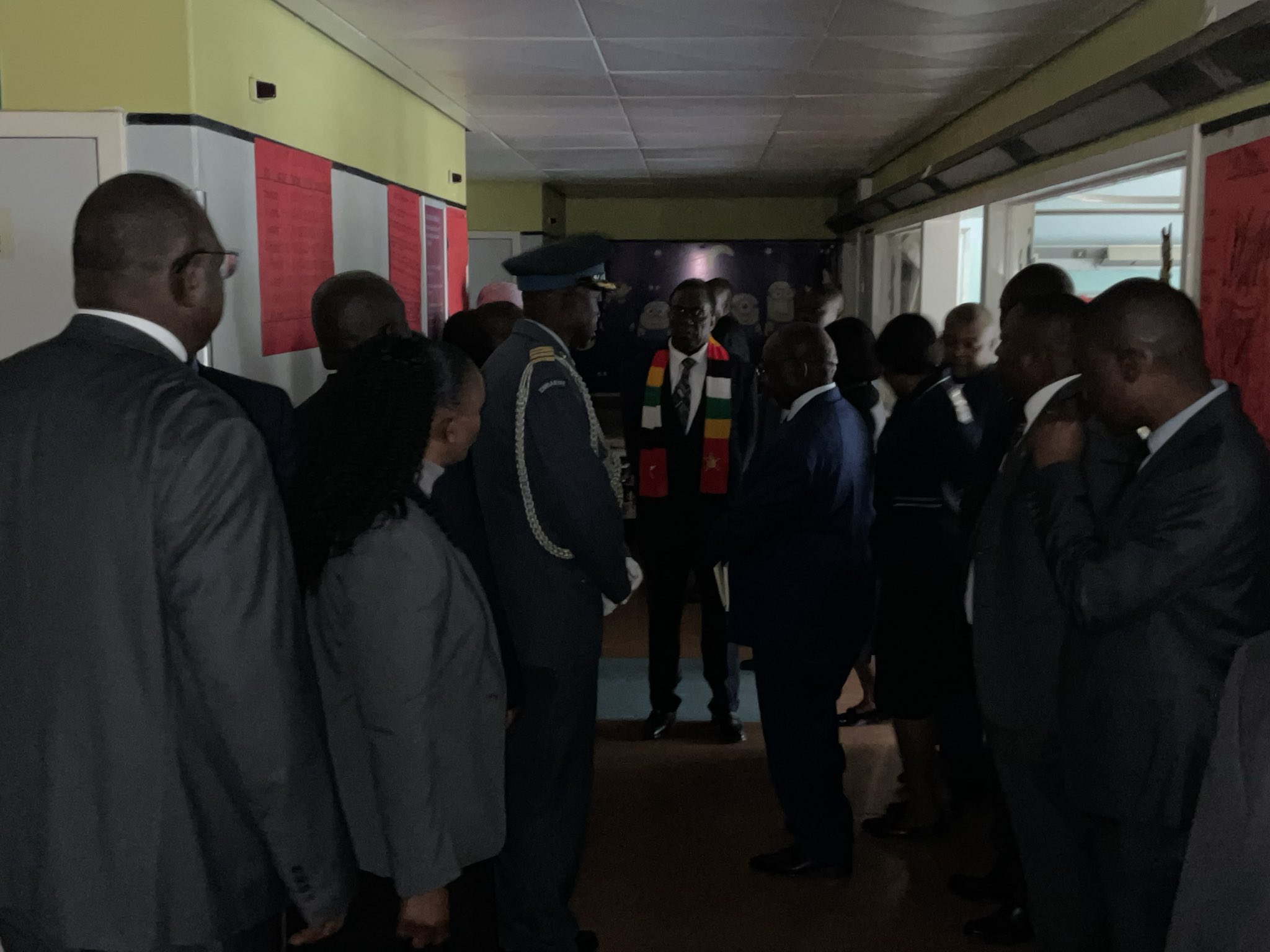
Youth minister Machakaire called on Mnangagwa to visit government hospitals in May, stating that “the growing public outcry over our healthcare system is not an exaggeration.”
Machakaire said he had visited a relative at Parirenyatwa “and left deeply concerned by the conditions I witnessed. What I saw was deeply moving—a clear indication that many of our people are facing serious challenges.”
Making a direct plea to Mnangagwa, he added: “Please find time from your busy schedule to visit these institutions yourself. There is no substitute for seeing, listening and understanding firsthand what our citizens are going through.”
